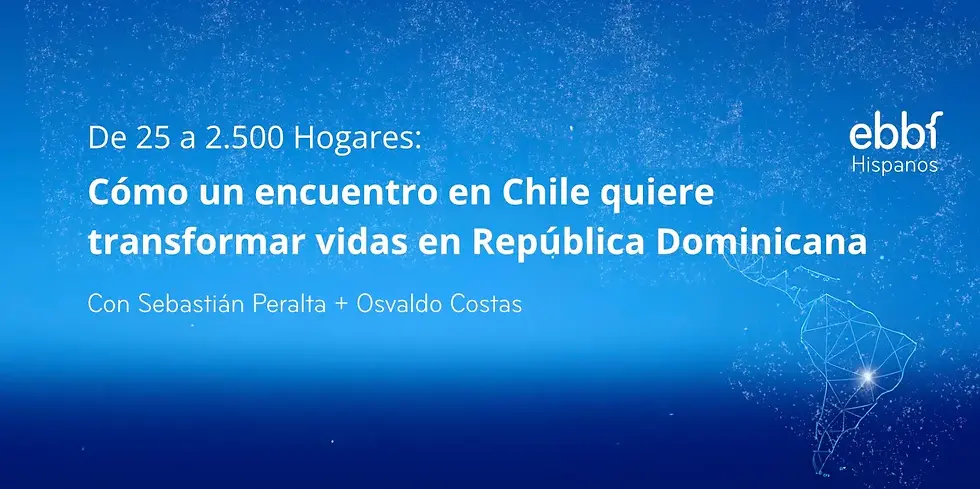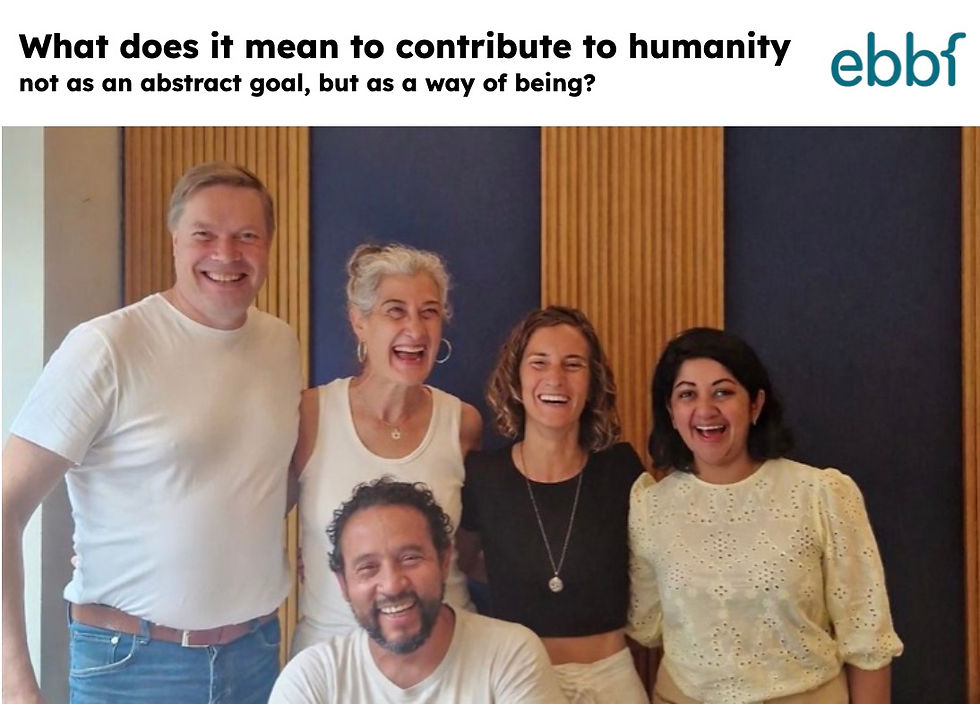Germany – new ebbf member Pinar Güner offers insights into the role of education to reduce you
- Mar 3, 2015
- 3 min read
Pinar has recently joined ebbf and right away decided to contribute, by sharing with the ebbf community some of her thinking and research. Pinar has been a European Commission`s Marie Curie fellow at “Education as Welfare for Socially Vulnerable Young People in Europe” research project. Also a visiting pre-doc at Harvard Graduate School of Education and affiliated with “Harvard New Civics Early Career Scholars Program” and researcher in the research group “women and gender studies” at Faculty of Education in Oulu University Finland. Her research field is inclusion of youth, quality of education, welfare research, European education and welfare systems with special focus on Germany, comparative education, education policy,planning, leadership and curirculum development.
MEANING OF QUALITY EDUCATION AND YOUTH UNEMPLOYMENT What is the purpose of education and how can it address the growing issue of youth unemployment, specifically considering the European Union? According to European statistics (2014), Germany has the lowest number of youth unemployment (7,4%), Spain has the highest (53,5) and the European average is (21,9%). Interestingly Finland the country that is accepted to have the best quality of education according to Program for International Student Assessment (PISA) of the OECD is below the European average of youth unemployment (20,6%). I believe that subsidizing welfare support may help to temporarily support young people in financial need until they find a job. For a more permanent solution, policies should be in place to guide young people in building the path to the career they want balanced with the realities of the job market and its current and future needs. Education planners should be in closer contact with labor market professionals in order to better understand and estimate what the present and future trends of markets are. School education should be planned according to the needs of the market to allow young people to contribute to the prosperity of their countries. In balance, spiritual, moral, civic or citizenship, and character education should be part of the education system to nurture children and youth to become positively contributing citizens of the world. The reasons why there are high achieving education systems which nonetheless create increasing pools of unemployed youths should be analyzed from various aspects. One aspect being the curriculum of school education offered to young people. Whether future trends of the job market are analyzed and estimated by the educational planners. The third main aspect should be what kinds of moral, ethical, civic, spiritual and character education school education are offering to young people.I feel another key factor is the way in which students are evaluated. These systems are still limited to evaluating literacy, numeracy and knowledge of science. The main aim, goal and mission of education should be nurturing people who can find the balance between intellectual knowledge, spiritual understanding of themselves, of others around them, and understanding ethical and moral aspects of life. All of this should allow them to understand society, its issues and the key roots that create those issues, together with their personal role and opportunity to address those issues and become an positive element of society. We need better societies to create a new more prosperous and just civilization.
Some of the key questions we need to ask in order to define kind of education that we need in order to tackle current and future issues can be; who is is education for? who benefits from quality education? how can we provide quality education for all? what is the content of education that develops curriculum and education plans for youth who are active, moral and ethical? what are the contemporary and future trends to fulfill job markets needs in order to combat unemployment? Answering these basic questions would give room to understand how to reform and improve education systems. Education should prepare young people for life. Education as defined by UNESCO should be organized as “formal”, “informal” and “non-formal” in order to provide necessary tools to deal in a world where everything is becoming temporary and unpredictable. Lifelong learning should also be a policy initiative to implement in all spheres of education to keep people updated in their field, as well as to allow people’s career shifts later in their lives and to keep them aware of their opportunity for a more socially and economically sustainable society.







Comments